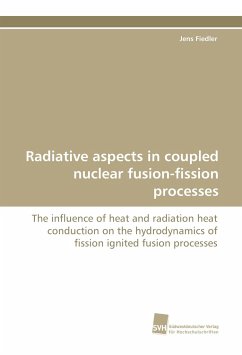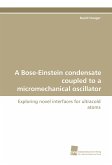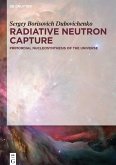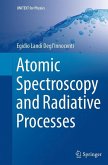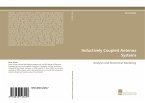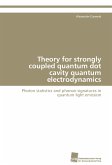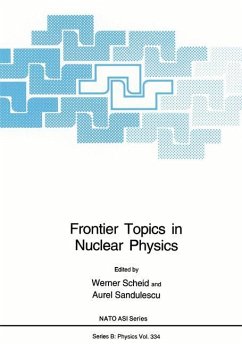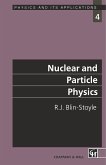The process of fusion boosted fission goes along with a large amount of important physical processes. Beside implosion and expansion activities under influence of fission and fusion processes, the effect of heat radiation becomes important at high temperatures. Theoretically, such systems are described by hydrodynamical equations. The interaction of matter, neutrons and radiation is determined by the neutron and radiation transport equation. Additionally, adequate models for the fusion process and the equation of states are needed. By the help of the program system STEALTH-MCNP the influence of material properties, neutron and radiation transport has been simulated numerically. The impact of heat radiation in fission ignited fusion processes has been studied within this thesis. One- and multi-group approximations of the radiation cross sections for fissile materials have been found. The problem of radiation transport is approximately solved by the radiation heat conduction formalism. The estimation of the radiation coefficients, the fusion model and the solution of the radiation transport problem are based on assuming the existence of a local thermal equilibrium.

